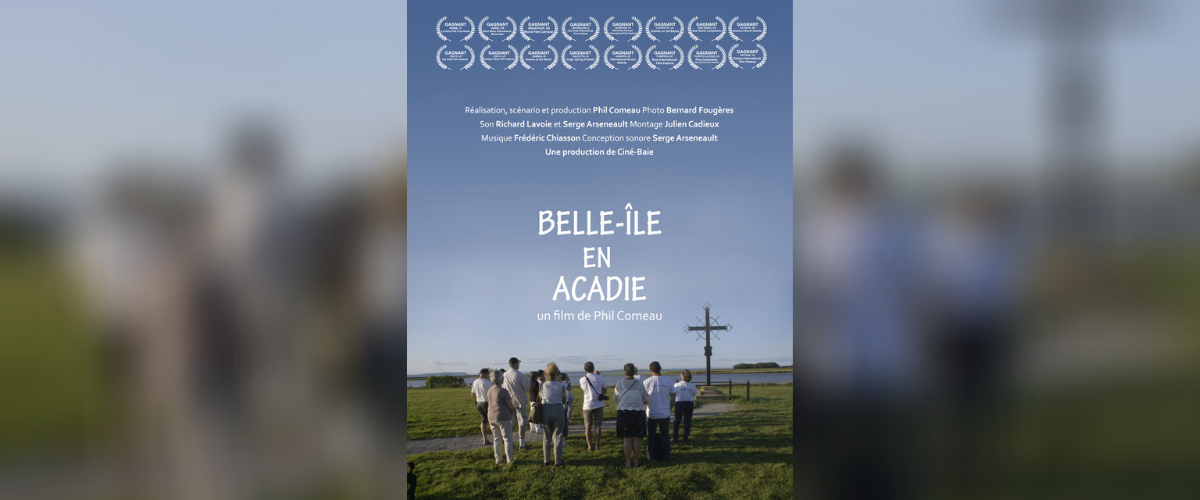
For many people, history is just a (real or fictional) tale which is more or less important for how they relate to their own present. However, for certain categories of people, history and the connections with their own genealogy mark a defining element, an active part in the way they understand and organize their own reality. Perhaps this is the most interesting aspect that director Phil Comeau aims through his short documentary ‘BELLE-ILE IN ACADIE‘, illustrating the return of the Acadians’ European descendants to the lands of their ancestors. Starting from an 18th century event that marked a painful experience for Acadian communities, the project depicts the visit a group of French people in Canada today, on the occasion of the International World Acadian Congress. The theme of identity, of exile, of the way history shapes the perception of the present appears in the subtext recurrently throughout the succession of the participants’ testimonies for whom the Acadian descent is more than a “simple” personal mark caused by a tragic episode in the past, but – more than that – a reason to be proud of.






